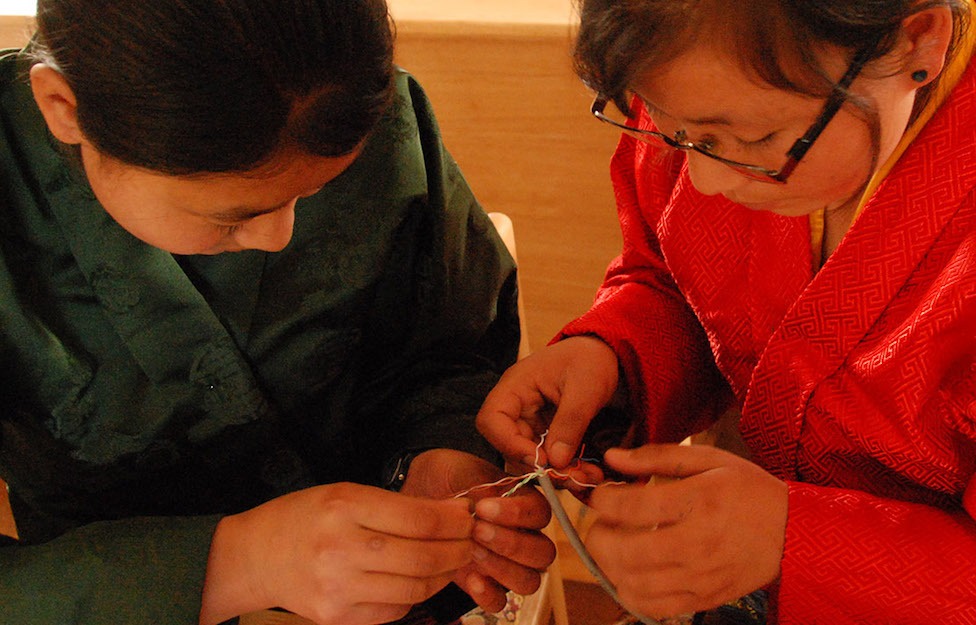In 2015 the world made one of the biggest promises to itself in the form of 17 Global Goals set out by the United Nations. These goals – the Sustainable Development Goals (SDGs) – are aimed at achieving extraordinary things in the next 15 years. They are dedicated to fighting injustice and inequalities, ending climate change, beating discrimination, bringing in sustainable energy, and making sure no one goes hungry.
We’re now into the second year of trying to keep that promise. Let’s not shy away from reality. The task is a big one. Rough estimates say we’ll need at least $1 trillion of additional annual investment in developing and emerging economies to achieve them.
It’s numbers like these that have a lot of people wondering if achieving the goals is possible. We say it is.
Here’s what we need to remember: We will be able to get there faster, and in a way that lasts, if everyone, everywhere can access to the Internet and make the most of it.
For 25 years now the Internet Society has been home to a global community of people who are driven by common idea. That when people get access to the Internet amazing things can happen.
We can do things like share ideas, build communities, make tools we haven’t even dreamed of, help kids stay in school, and the list goes on.
But what makes that happen isn’t going to be a single business, government, or policymaker on their own. And while it will mean these large players coming together – we need to move the thinking even further.
We need to look at the everyday, sometimes overlooked individuals who are the champions of the Internet in the 21st century.
These are people who recognize that to connect their friends, neighbors, and community, we need to shift our thinking.
Let’s look at an example:
This week I’m speaking at Mobile World Congress in Shanghai, China. Sustainable Development and Innovation are among the seven themes of the event.
Fittingly, Asia has the largest group of Internet users in the world. There are more than 730 million in China alone, with 95% of those using mobile devices. The mobile industry is often seen as distinct from, and perhaps even outside of, the traditional ecosystem that makes up the Internet. But every single person in the industry also has a critical role to play and together we can make things happen.
Just recently, the Telecom Regulatory Authority of India (TRAI) changed its policy to enable telecom operators and Internet service providers to share active network infrastructure. Meanwhile, the Pakistan Telecommunication Authority (PTA) took steps to advance fiber deployments between Pakistan and India – and Pakistan and Afghanistan. Both of these actions have the potential to narrow connectivity gaps and bring the Internet to those who are not connected.
Another key example are community networks. Community networking offers a way for anyone, anywhere, to connect to the Internet as long as they have the right tools and support.
By empowering people to connect themselves and their underserved communities, they provide this opportunity. By giving access where traditional or commercial networks do not reach or serve, or areas where it may not be economically viable to operate, they offer a complementary alternative to traditional, commercial telecommunications networks.
And this is something any of us can do. We’ve seen its success in the Wireless For Communities – a grassroots project that started in partnership with the Digital Empowerment Foundation and has since been replicated first across Asia and is now moving across the world.
This is something all of us can do. Each of us can roll up our sleeves and build a connection for the world’s remotest regions, donate to help support those in the field, or any other number of ways.
As we look towards the future we need to know that each of us has the ability to join in a global movement that can help us win when it comes to the SDGs.
Join us and celebrate what your contribution to bringing people online could be. Be part of this global movement of people around the world coming together to make change happen.
- Become a local hero: explore the Internet Society’s work to encourage smart development and see how you can take part.
- Learn about some of the programs that empower communities via the Internet to address critical issues.
Image source: Wireless for Communities in India

